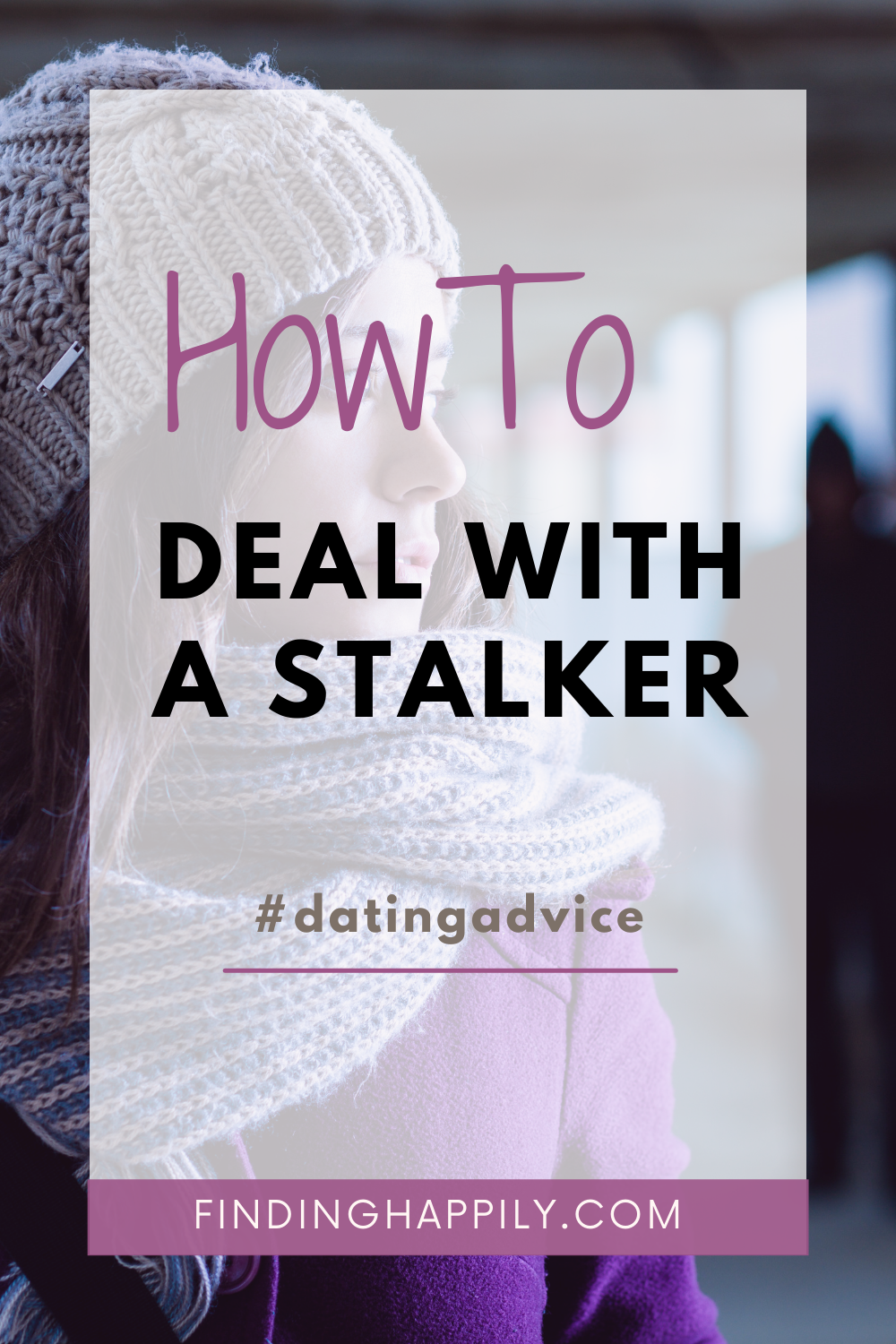
Share This Story, Choose Your Platform!
How to Identify A Stalker
Regardless of your race, ethnicity or your economic background you may find yourself dealing with a stalker. However, before you can deal with a stalker, you must be able to identify a stalker. Only in recent years have the laws been put into place to help people who are dealing with a stalker. Prior to stalking laws there was legally nothing you could do if you were being stalked. In most stalking cases someone had to be killed or hurt for the law to do something. And, even in those instances it was hard to prove that the stalking was unwarranted. In this article, so that you are well informed, I will provide you with several ways to help you identify and deal with a stalker.
Characteristics Of A Stalker
When most of us think about a stalker we think of the creepy male or female that follows you around, watches your home, sends you unwarranted gifts, calls you (even after you have changed your phone number), and invades your space. And, you are right because these are some of the things that stalkers do. However, stalking is not limited to the creepy behaviors you recognize perhaps on the T.V. or movies, but also the following: gathering information about the person without their knowledge; surveying the individual by use of cameras, audio equipment or phone tapping. Stalking is also, manipulative behavior, defamation of ones character, threatening, and objectifying a person. Since the Internet cyber-stalking has also been added to the list. And, while stalking has increased with online dating sites, social media and the slew of accessible information on the Internet, stalking was around long before people had computers in their homes.
Profile Of A Stalker
Stalkers choose their victims in various ways. Stalkers can be male or female, although “there are far fewer female stalkers than there are male ones.” And, since people stalk people for varying reasons, it is quite difficult to nail down the warning signs of a stalker. There are however, some similarities in the profile of a stalker to help you recognize whether you are dealing with a stalker or not. Many times, the people that are victims of stalking are not even aware that they are being stalked. So, here are some signs to look for:
Sign 1
Like sexual harassment, stalking is about exerting power and control over another person. A stalker may find their victim through work, a relationship or passing them at a grocery checkout. At first glance a stalker may come off as extremely charming. However, stalkers have very weak social skills because of their inability to control their social habits. Stalkers are also either narcissistic and and or ego-centered; whereby they are unable or unwilling to see that their stalking behavior is hurtful and unwarranted. Stalkers do not see their behaviors as threatening or invasive. They truly believe that their actions are out of love and concern for their victims; which is why in some cases a stalker comes off as very helpful.
Sign 2
In a relationship, stalkers refuse to believe that their victims do not want a relationship with them. In the beginning a stalker will make attempt to get close to your family and close friends. They do this because the stalkers objective is to be as close to their victim as possible. At first a stalker may appear perfectly normal. However, after some time, you will see signs or get a gut instinct that something is off about them. For instance, it might seem a bit flattering if he or she starts to talk about a future with you, particularly if you are dating or you like them. Conversely, if someone attaches to you too quickly that is a huge red flag, and a sign that they might be a stalker.
How to Spot A Stalker
Now, that I have provided you with the profile and characteristics of a stalker, how do you actually spot a stalker? After all, it is not easy to determine whether these traits and qualities are normal or abnormal. However, there are some definite red flags to help you spot a stalker. For instance: If you find that you are running into someone at odd times or out of the way places, chances are they are stalking you. Also, if someone contacts you even after you have moved, changed your phone number or gotten a new email address, chances are they are stalking you. Stalkers are seemingly very clever at what they do so, do not be surprised if they come up with all sorts of reasons as to why they ran into you or how they retrieved your new contact information. Stalkers have no respect for boundaries nor for authority.
What to look for:
In a new relationship or courtship, stalking might come in the way of unsuspecting gifts. Sure, it’s nice to receive the occasional gift from someone you are dating or from a new friend. However, if you find that someone is giving you gifts too soon in the relationship chances are you they are stalking you.
The last thing you can look for to spot a stalker is the way they look at you. Stalkers usually have a very intense way of looking at people, particularly when they see you as their prey. Stalkers are no different than any other animal that sees their victim as prey. They are unable to think about your feelings. All they can think about is what they want. And, once a stalker has decided that what they want is you, there is no changing their minds about it.
To Conclude:
Stalking is a criminal offense, one that is punishable by law. Thus if you are dealing with a stalker, there are things that you can do to protect yourself. In the follow up article, I will share some of the steps you can take to be safe. The first thing I would suggest is doing something you might have already done or be thinking about doing, and that is contacting law enforcement to let them know your concerns. However, there are a slew of other things you can do before things get to this point to protect yourself against a stalker.
Sign up to get the latest articles, videos, tips, promotional offers and more
I love hearing from all of you and receiving your emails, so please do share your stories. Also, if you have an any tips or advice that I did not share, feel free to email it to me at info@findinghappily.com.






